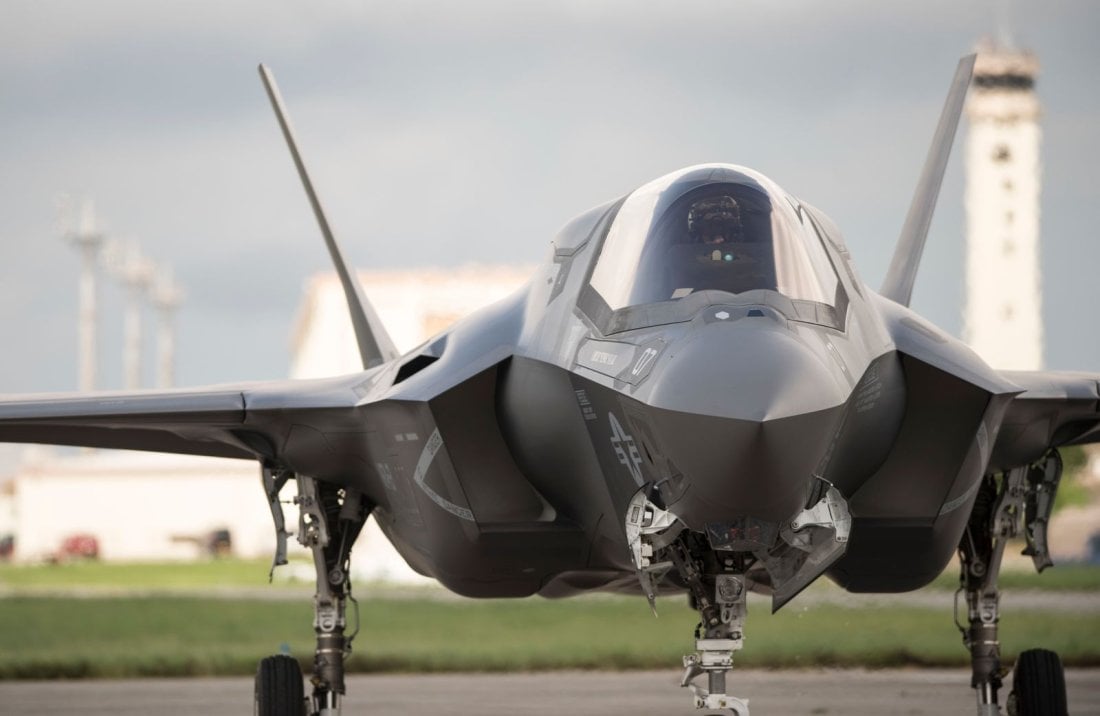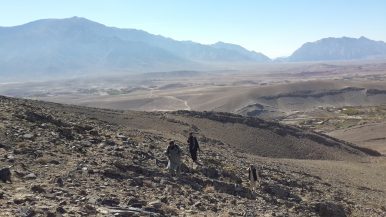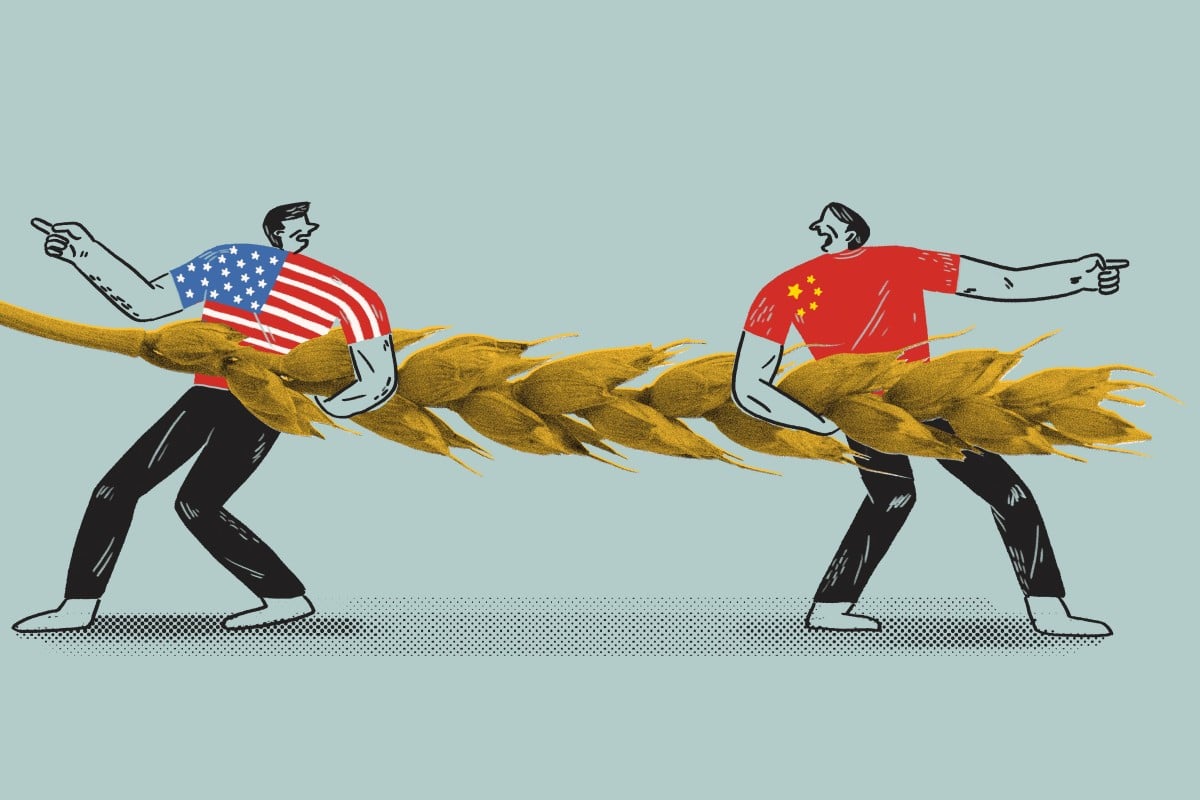WASHINGTON (Reuters) - The United States continues to be alarmed by Syrian government and Russian air strikes in northwest Syria and believes they are a “reckless escalation” of violence, the State Department said on Tuesday.
Government air strikes, backed by Russia, have focused on the south of Idlib province and nearby parts of Hama, uprooting nearly 250,000 people. The bombing has killed 229 civilians and injured 727 others, according to the UOSSM medical charity.
“Indiscriminate attacks on civilians and public infrastructure such as schools, markets and hospitals is a reckless escalation of the conflict and is unacceptable,” said State Department spokeswoman Morgan Ortagus.
“The violence must end,” Ortagus said.
Hundreds of members of the U.S. Congress signed a letter to President Donald Trump last week arguing that the United States should remain engaged with the conflict in Syria, saying they were “deeply concerned” about extremist groups in the country.
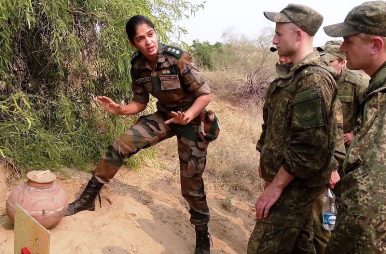
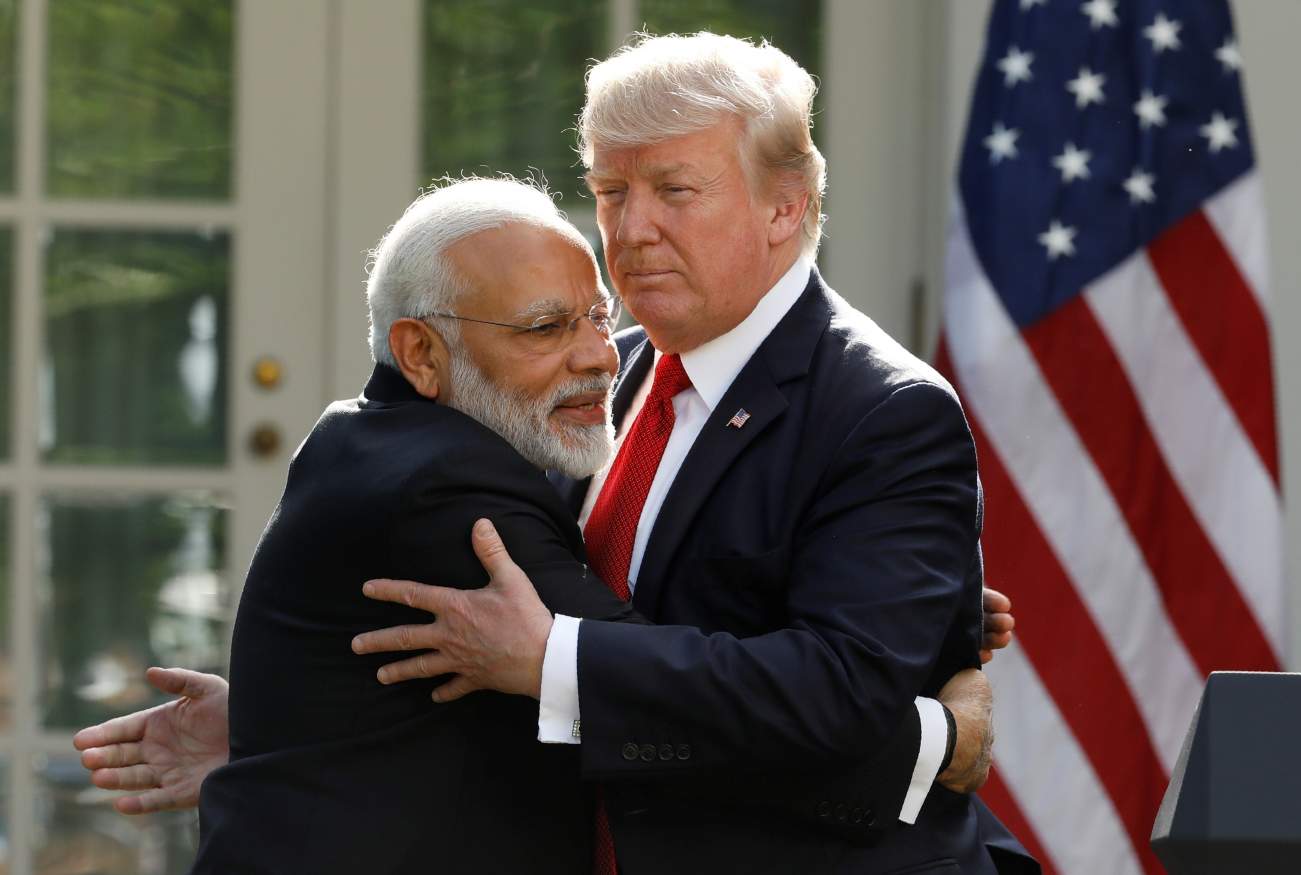



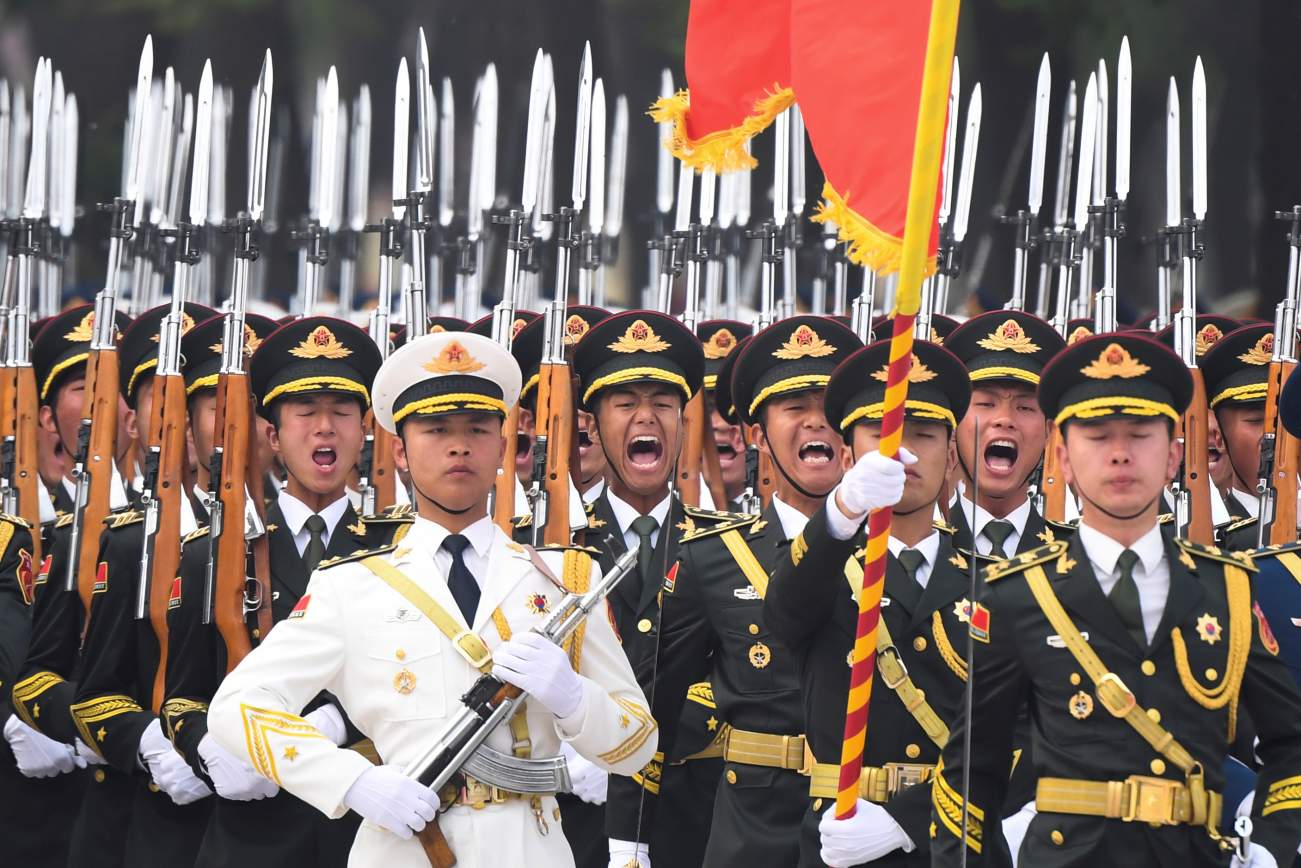

/arc-anglerfish-arc2-prod-mco.s3.amazonaws.com/public/AAQCVMPBGJHJ3PBONS65RBKLNU.jpg)


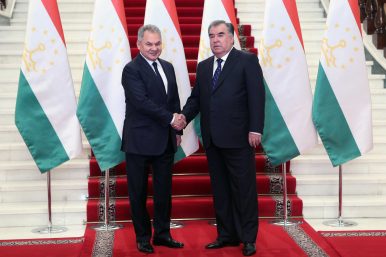
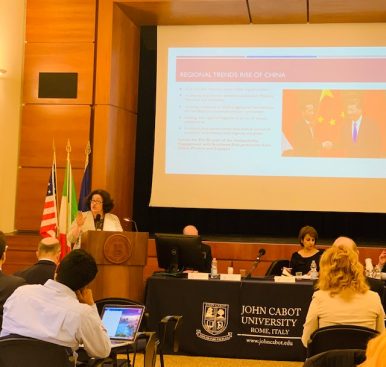







/arc-anglerfish-arc2-prod-mco.s3.amazonaws.com/public/OYXBYZGXURFC5PYNW4IYGU57HE.jpg)
